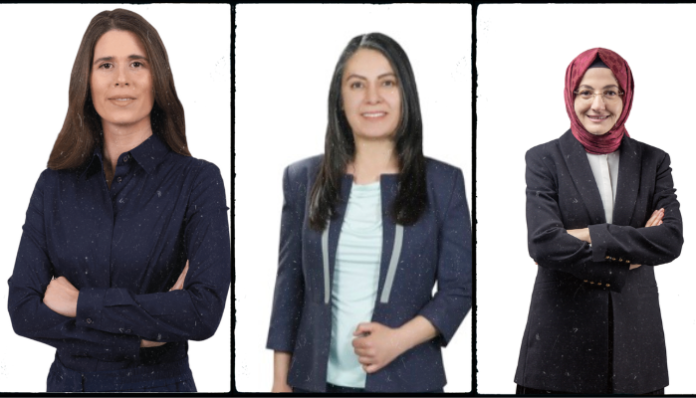The Congress of Local and Regional Authorities (CLRAE), operating under the Council of Europe (CoE), urged Turkish authorities in a recent report to introduce a 30 percent gender quota to bolster women’s representation in local politics and election administration, Turkish Minute reported, citing Deutsche Welle’s Turkish service (DW Türkçe).
Established in 1994, the CLRAE acts as the voice of Europe’s regions and municipalities in the CoE. It promotes the strengthening of local and regional democracy in all CoE member countries by carrying out monitoring missions of the local and regional authorities in member states and preparing reports on the situation in the country concerned.
The recommendation on the gender quota was one of the key proposals adopted by the CLRAE on Thursday, based on the findings of the report from the congress mission to observe local elections in Turkey on March 31, 2024.
The election observation mission was led by David Eray from Switzerland, with Vladimir Prebilic from Slovenia serving as the deputy chair. Both of them are Turkey co-rapporteurs at the CLRAE.
According to DW, the co-rapporteurs reported that women aren’t well represented in local politics in Turkey, since only 15.7 percent of all candidates for mayor and provincial and municipal councilor were women, with some parties presenting close to no women for mayoral offices.
The report stated that there are currently no legal gender quotas for candidates or reserved seats for women in Turkey, although some parties have implemented voluntary quotas. It highlighted the pro-Kurdish Peoples’ Equality and Democracy Party (DEM Party) for its “ambitious” system that requires co-mayors of different genders when winning a mayoralty. Other parties, such as the main opposition Republican People’s Party (CHP) and the nationalist İYİ (Good) Party, have 30 percent and 25 percent quotas, respectively, but these quotas are often not met, according to the monitoring report.
Acknowledging the efforts of parties to increase women’s participation in local politics, the delegation found progress to be slow, with women and youths still “underrepresented.” The delegation recommended introducing a 30 percent gender quota and incentives to enhance youth participation in decision-making roles and election administration.
The last time Turkey held local elections was March 31.
Across Turkey’s 81 provinces, female candidates won in only 11 of them, six of whom were from the CHP, four from the DEM Party and one from the ruling Justice and Development Party (AKP).
Female candidates were elected in only 61 out of the 922 district municipalities.
The CHP became the first party with the highest number of elected women mayors, with 32, followed by the DEM Party with 31 and the AKP with eight.
The far-right Nationalist Movement Party (MHP), an ally of the AKP, had only one woman mayor elected on March 31.
The parties are accused of following discriminatory policies against women and nominating them from the places where they are unlikely to win the election.















